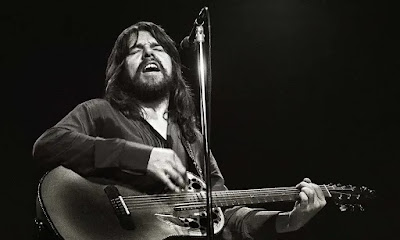Escrita por Bob Dylan, foi gravada em 28 de abril de 1978 e lançada em 15 de junho de 1978, no disco Street Legal, o décimo oitavo da carreira de Bob. Foi produzida por Don DeVito. É canção mais conhecida do disco, a que Dylan cantou mais vezes ao vivo e a que teve mais regravações do disco por outros artistas. Foi regravada por Jerry Garcia Band e Willie Nelson, entre outros artistas.
A letra:
Señor,
señor
Can you tell me where we're headin'?
Lincoln County Road
or Armageddon?
Seems like I been down this way before
Is there
any truth in that, señor?
Señor, señor
Do you know where she
is hidin'?
How long are we gonna be ridin'?
How long must I
keep my eyes glued to the door?
Will there be any comfort there,
señor?
There's a wicked wind still blowin' on
that upper deck
There's an iron cross still hanging down from
around her neck
There's a marchin' band still playin' in that
vacant lot
Where she held me in her arms one time and said,
"Forget me not"
Señor, señor
I can see that
painted wagon
Smell the tail of the dragon
Can't stand the
suspense anymore
Can you tell me who to contact here, señor?
Well, the last thing I remember before
I stripped and kneeled
Was that trainload of fools bogged down in
a magnetic field
A gypsy with a broken flag and a flashing ring
He
said, "Son, this ain't a dream no more, it's the real thing"
Señor, señor
You know their hearts
is as hard as leather
Well, give me a minute, let me get it
together
Just gotta pick myself up off the floor
I'm ready when
you are, señor
Señor, señor
Let's overturn these
tables
Disconnect these cables
This place don't make sense to
me no more
Can you tell me what we're waiting for, señor?
A versão de Bob Dylan:
A versão de Jerry Garcia Band:
A versão de Willie Nelson:
















